Exploring The Video Game Movie Curse With 'Assassin's Creed'
Are video game movies destined to forever roam around in this realm of failures, B-movies and guilty pleasures?
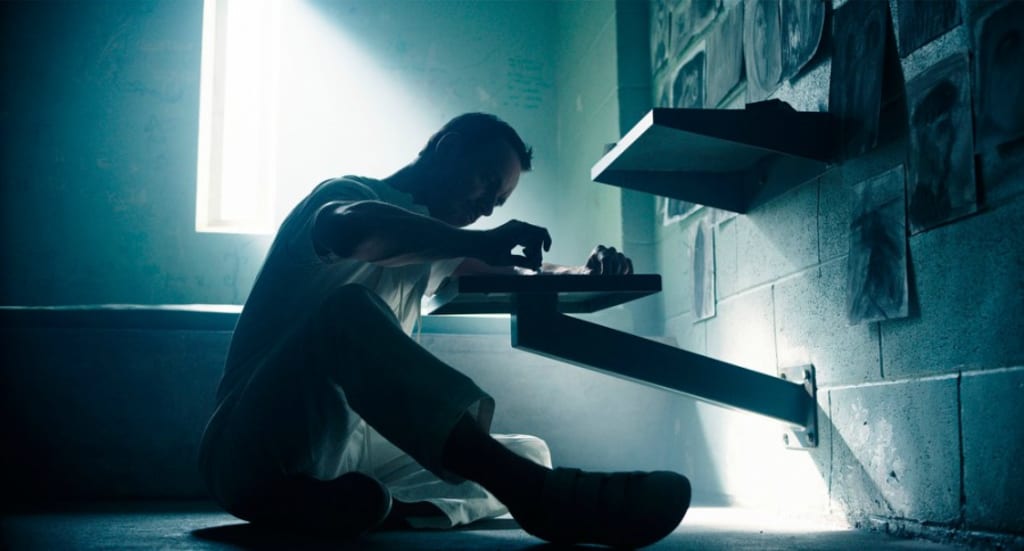
In retrospect, one should have seen it coming. I mean, Assassin's Creed was a video game movie after all, and therefore, destined to fail (as it did not quite get the best response from critics, fans of the franchise or at the box office). Yet, with all the potential it boasted — from its talented cast and crew, to the rich source material of this truly awesome game franchise — many were genuinely hoping that this one was finally going to lift the curse of sub-par video game movies and offer something memorable.

'Assassin's Creed' [Credit: Ubisoft / Fox]
Therefore, when it did not quite turn out to be the case, it made sense that two questions were raised. Firstly, is Assassin's Creed simply unadaptable for the silver screen? Secondly, are video game movies really destined to forever roam around in this realm of failures, B-movies and guilty pleasures? Well, in my opinion, no. But if this is to ever change, an issue must be tackled. One, which Assassin's Creed serves as an excellent example for.
Now, even though a lot has already been written on this subject, I couldn't resist adding my two cents on it as well. So, let's take a look at three main flaws of this film and how it could all been avoided by a simple, yet crucial step in the beginning of the creative process.
1. Too Little Time Spent In The Past

'Assassin's Creed' [Credit: Ubisoft / Fox]
For a film based on the game series, whose main draw is offering a fun, historic adventure, it's fair to say that there wasn't much historic adventure in it. Instead, the creators took a more risky approach and went straight into focusing on the present-day, sci-fi aspect and the overarching Assassins vs. Templars lore of the series, while only teasing us with a few (but amazing) history-based sequences.
Now, don't get me wrong. The lore of Assassin's Creed is both fascinating and full of potential, and I'm not saying it should have been ignored in the movie. In fact, it had to be included to set it apart from just another film set in a historical period.
It's just that, well, most would probably agree that this lore has mainly been there to provide the exploration of these historical settings (along with stories and ideas within them) some focus and context. This has ultimately been the main draw of these games, and also the reason why many still concede the Ezio Auditore saga the highpoint of this historic fiction.
What makes this decision all the more perplexing, is that from the little what we saw of the past storyline, it's not like the filmmakers lacked the means to bring it all into life. They had chosen an awesome time period in Spanish Inquisition, had clearly done their homework on it, and were able to recreate it in what is probably one of the most beautiful blends of CGI and real-life locations in recent memory. Plus, Aguilar seemed like an interesting character (seemed, because we didn't learn much about him).
2. Aimless Presentation Of The Lore
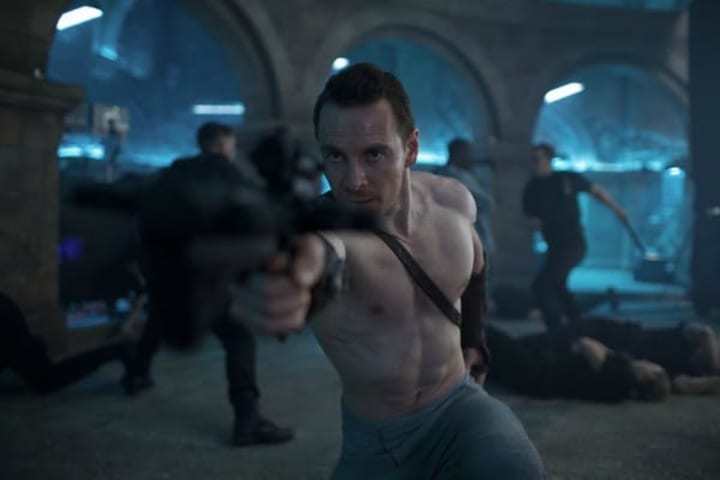
'Assassin's Creed' [Credit: Ubisoft / Fox]
OK, the filmmakers went in a more ambitious direction (by focusing on the lore and present-day sci-fi aspect) and deserve credit for that. Unfortunately, they seemed to run out of ambition before properly pulling it off.
You see, when choosing to focus on that aspect of the franchise, one should maximize what it offers. What exactly is it? Well, basically, a huge playground to explore many intriguing ideas and questions. Take the Assassins vs. Templars conflict, for example. Assassins value free will and liberty above all else and understand that, sometimes, it might come with a price of instability in society. Templars, on the other hand, value peace and order above else and are willing to sacrifice liberty and free will to achieve it. So, these two factions battle their secret ideological war throughout centuries.
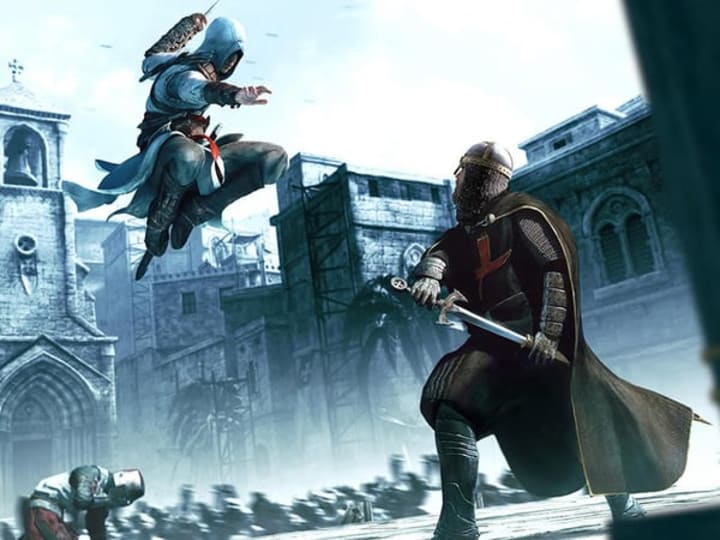
'Assassin's Creed' [Credit: Ubisoft]
Now, even though I personally side with the Assassin's philosophy in regards to the conflict between order and free will, it's far from a straightforward deal. Throughout the games, we see both ways of thinking backed up with some strong arguments and explore the inherent ironies within both (revealing the various gray areas of this conflict in the process).
Essentially, it's one of these age-old and captivating questions with so many great ways approach it and, well, the movie doesn't quite manage it. Thing is, the entire conflict is narrowed down to Templars wanting to "cure violence" and create everlasting peace by controlling the free will with a powerful ancient artifact (the Apple of Eden). Assassins, or course, fight them to stop that from happening. The problem here is that, it feels like these story beats are just there because they were present in the games (as they don't really captivate on an intellectual level).
3. The Underdeveloped Characters
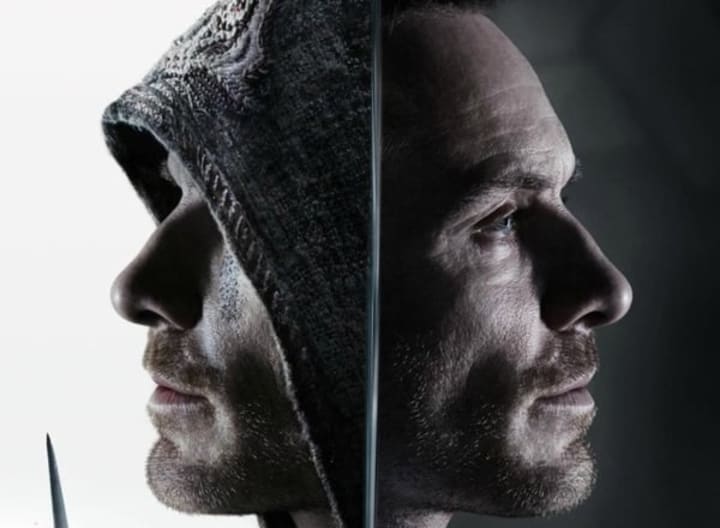
'Assassin's Creed' [Credit: Ubisoft / Fox]
Lastly, Assassins's Creed just didn't have interesting characters to latch onto. Or, to be more precise, there were potentially interesting characters, but we didn't get to know them enough. Now, the main thing to point out here is that, it's not so much a result of lazy writing, as it is a price to pay when you aimlessly tackle this huge lore. The characters, along with the prospect of their development, in my opinion, simply got lost in all of it.
The Reason Why Video Game Movies Tend To Miss The Mark
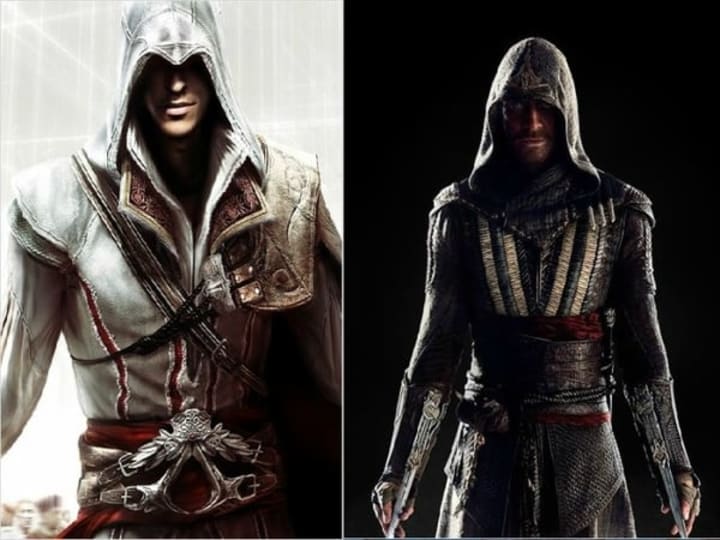
'Assassin's Creed' [Credit: Ubisoft / Fox]
Here's the thing: I feel that all these above mentioned flaws come down to a simple, yet profound mistake that so many video game movies make again and again — wrong source of inspiration.
You see, with Assassin's Creed it looks as if the filmmakers poured all their considerable talent and effort into mimicking the lore, look and overall aesthetics of the games. However, the main source of inspiration shouldn't have necessarily been the games themselves. Rather, it should have been whatever inspired the creators of the games. In this case, it's rather obvious that these games have been made by people who have a fascination with history. This is what the filmmakers should have latched onto.
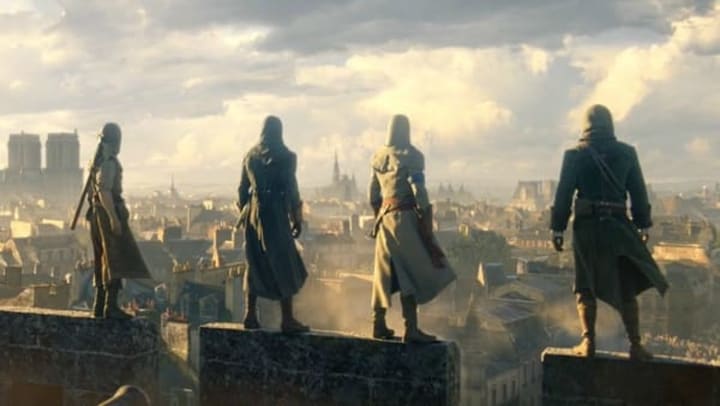
'Assassin's Creed' [Credit: Ubisoft / Fox]
So, how could this shift in focus assassinate the above discussed flaws? Well, firstly, had the creators of the film taken this fascination with history as a starting point, we would have probably spent a lot more time in the interesting 15th century Spain, and less in the not as interesting, present-day storyline.
That way, the audience would have firstly been been hooked in with a fun immersion into a cool historical period, which is something one should expect from Assassin's Creed. The present-day storyline could have then simply served as a way to tease the viewers of a bigger picture and leave us wanting more.
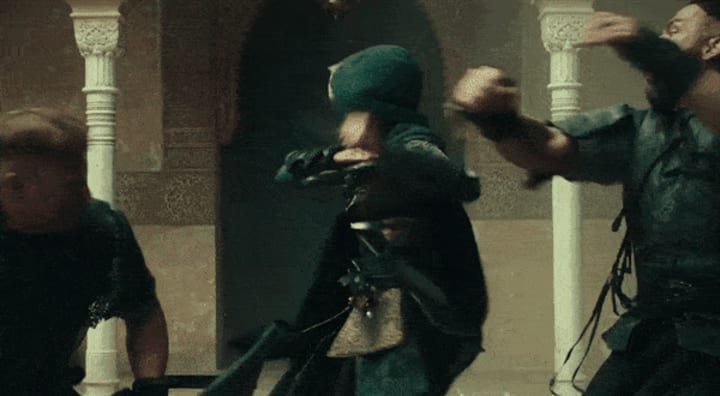
Assassin's Creed' [Credit: Ubisoft / Fox]
That also brings us to the aimless presentation of the lore. Thing is, it wouldn't have been so aimless anymore. You see, the focus would have shifted from recapturing the lore to simply using it for delivering a fun and thoughtful look at history in film format. In other words, the lore of the franchise would serve a purpose again instead of being the main aim itself. As a result, the filmmakers would have had a lot more freedom to dive into the sea of opportunities, which the exploration Assassins vs. Templars conflict offers, and not just add it in out of obligation.

'Assassin's Creed' [Credit: Ubisoft]
Lastly, the characters would have been less likely to get lost in all of it. Simply put, the clearer focus and more natural flow of the film would create a considerably better basis for character development, thus helping to get the viewers more invested in the entire project.
To Sum Up
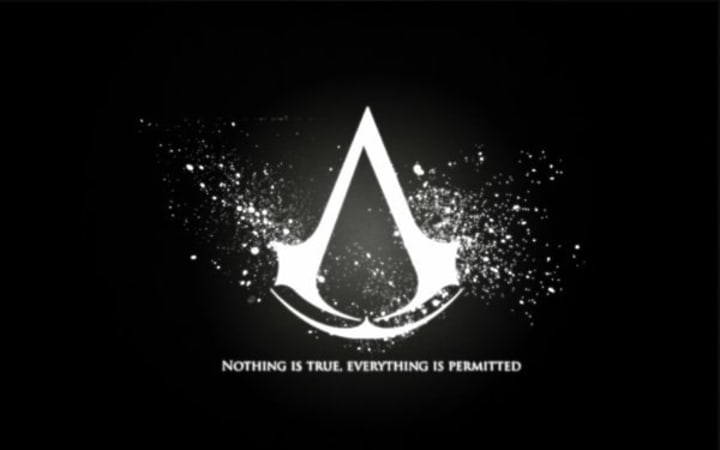
'Assassin's Creed' [Credit: Ubisoft]
The motto of Assassins goes: "Nothing is true, everything is permitted." Perhaps it's something that the filmmakers should have taken more into heart. You see, in case of making a video game movie, to say that "nothing is true" is to understand that there is no point in limiting one's creative freedom by desperately trying to recapture the video game in a cinematic format. To say that "everything is permitted" is to simply let one's fantasy flow after figuring out what really inspired the games in the first place and move forward from there.
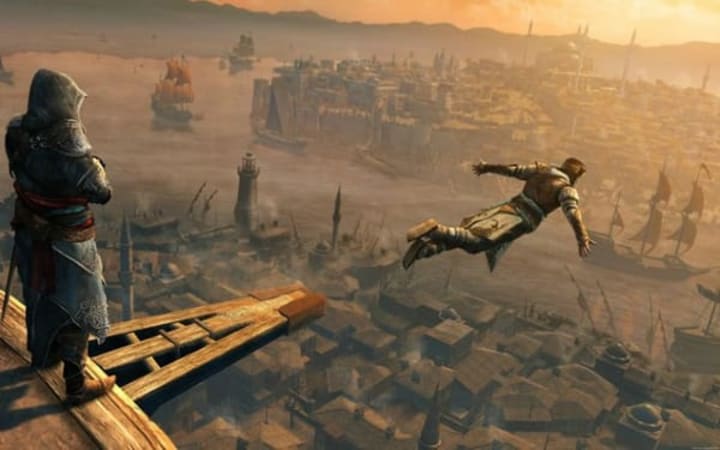
'Assassin's Creed' [Credit: Ubisoft]
Now, to end on a more positive note, I actually had a surprisingly good time watching the Assassin's Creed movie in theaters. However clunky or misguided it was, to me, the genuine effort from the filmmakers did shine through. Furthermore, I do think it did create a baseline, one could still build on a shift in the source of inspiration.
They took a leap of faith and fell a bit short of the good ol' haystack. However, considering everything, I feel that they deserve a second chance to climb back up to the tower, synchronize with the sea of possibilities they have, and pull it off properly.
About the Creator
Art-Peeter Roosve
So, to put it simply (and slightly cheesily) I'm fascinated with life. And, well, writing about films, TV shows, video games, music, travelling, philosophy and Formula 1 among other is a fun way to explore it.






Comments
There are no comments for this story
Be the first to respond and start the conversation.